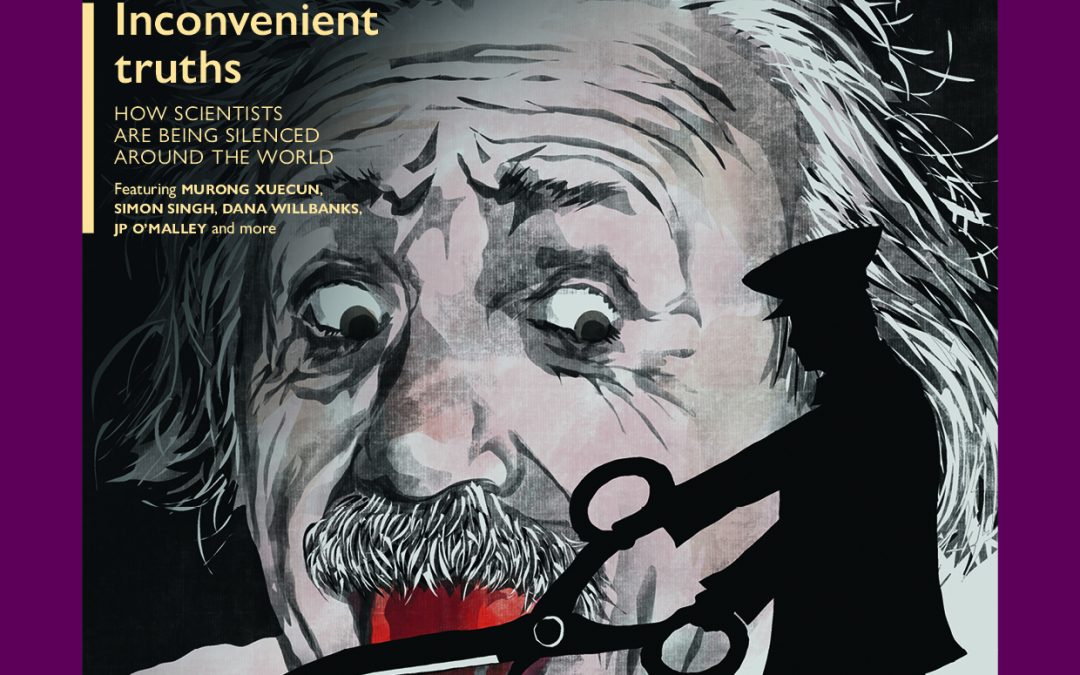The Indian government is revoking the status of its overseas citizens and denying visas for those critical of Modi


The Indian government is revoking the status of its overseas citizens and denying visas for those critical of Modi

Volume 53.03 Autumn 2024

Contents

Ravish Kumar was one of the biggest independent voices of Indian channel NDTV before he dramatically resigned to set up his own YouTube channel in 2022. Vrinda Sharma has been at his side ever since
An exploration of some of the innovative strategies employed by Iran’s directors to circumvent censorship

A special investigation reveals more than half of UK school librarians surveyed by Index have been asked to remove books from their shelves

Contents

Volume 53.02 Summer 2024

We talk to the founders of Bysol, a non-profit humanitarian foundation using cryptocurrency to help dissidents in Belarus and aid the Ukrainian war effort

Laura Silvia Battaglia recalls the last play she saw in Gaza and talks to its director today about how theatre is still providing a voice for the displaced, even in refugee camps
A quarterly journal set up in 1972, Index on Censorship magazine has published oppressed writers and refused to be silenced across hundreds of issues.
The brainchild of the poet Stephen Spender, and translator Michael Scammell, the magazine’s very first issue included a never-before-published poem, written while serving a sentence in a labour camp, by the Soviet dissident Aleksandr Solzhenitsyn, who went on to win a Nobel prize later that year.
The magazine continued to be a thorn in the side of Soviet censors, but its scope was far wider. From the beginning, Index declared its mission to stand up for free expression as a fundamental human right for people everywhere – it was particularly vocal in its coverage of the oppressive military regimes of southern Europe and Latin America but was also clear that freedom of expression was not only a problem in faraway dictatorships. The winter 1979 issue, for example, reported on a controversy in the United States in which the Public Broadcasting Service had heavily edited a documentary about racism in Britain and then gone to court attempting to prevent screenings of the original version. Learn more.